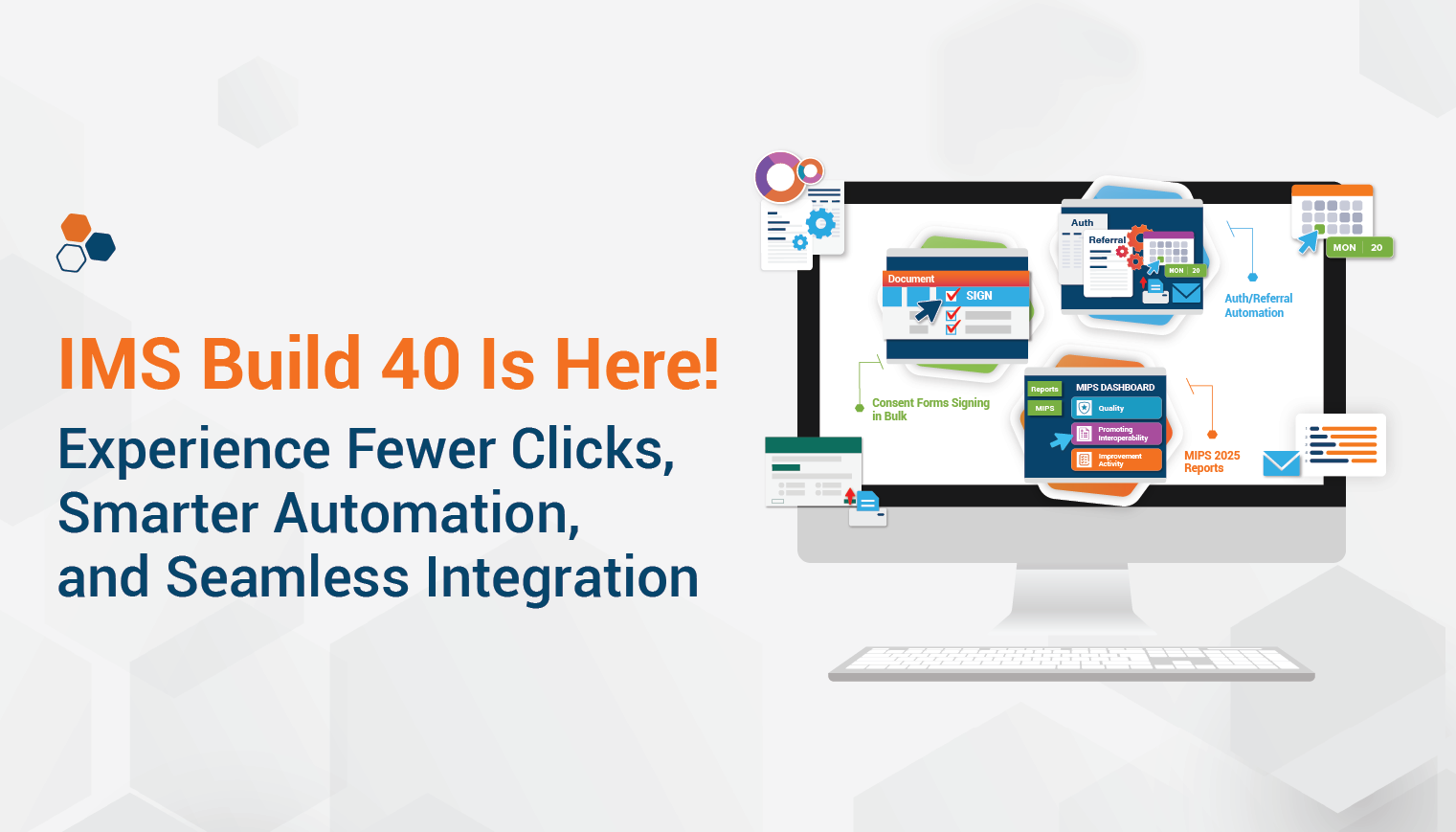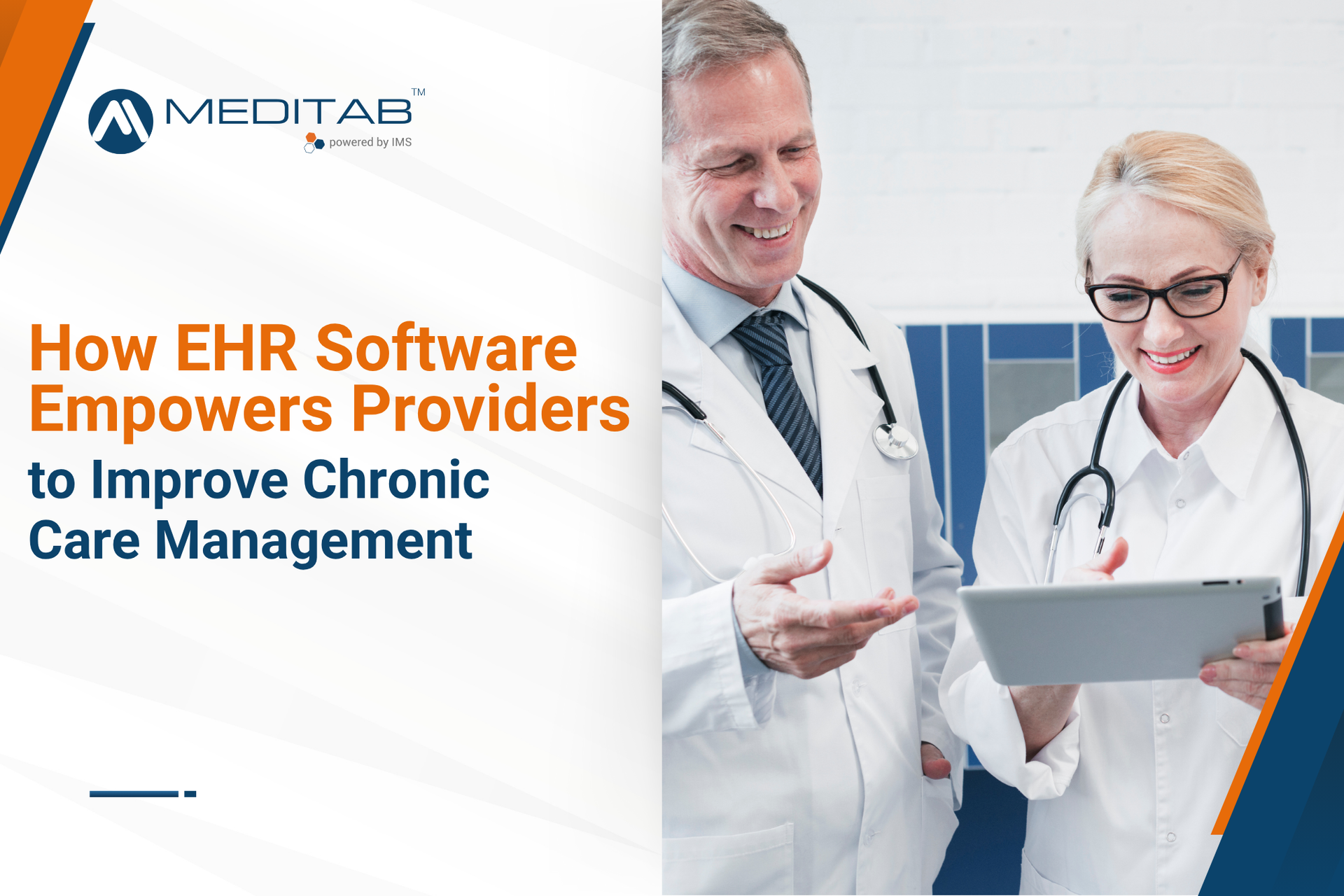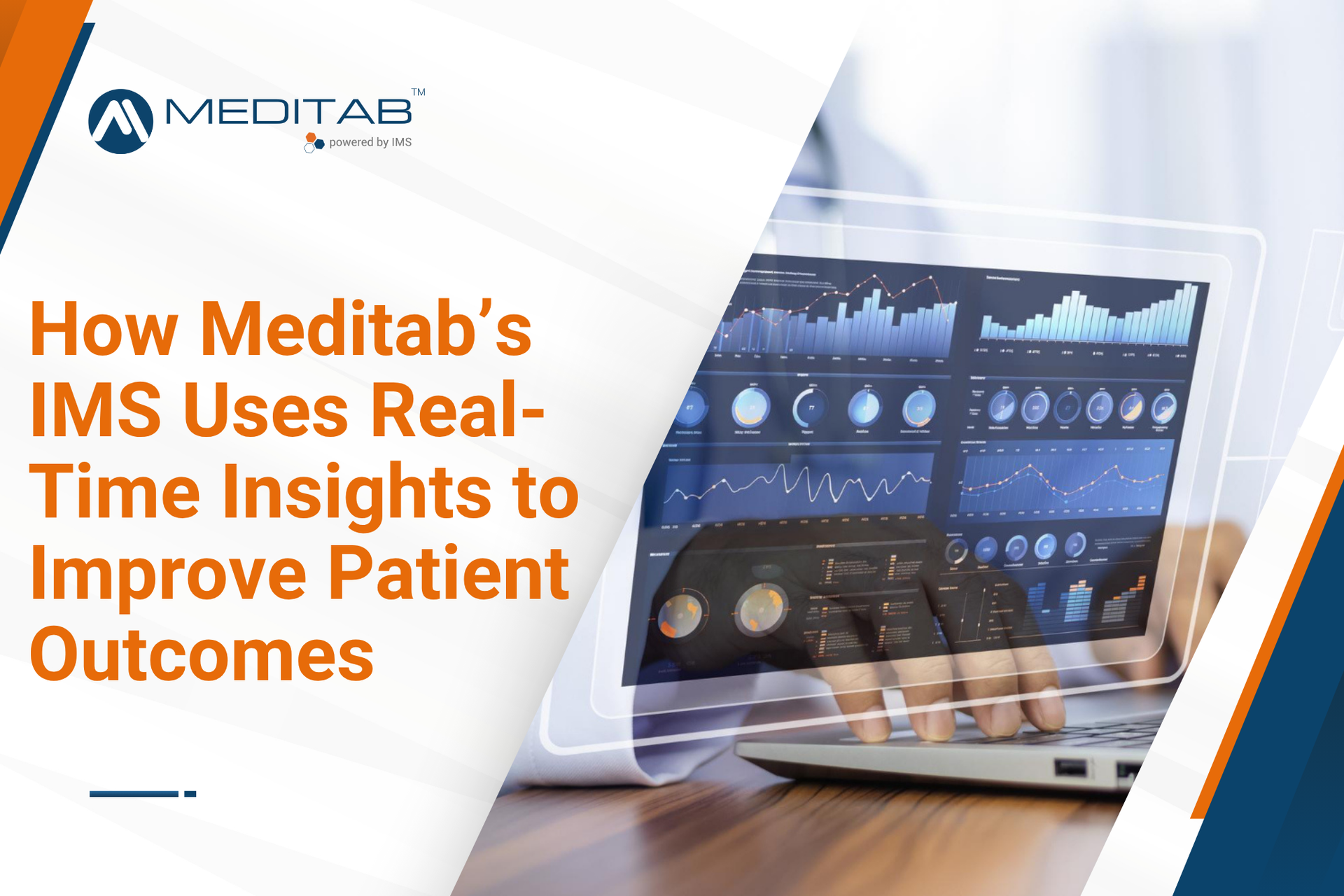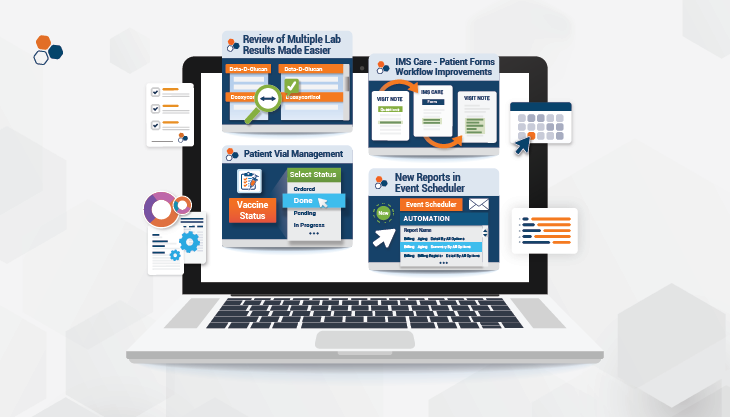Claim denials are more common and costly than many practices realize. A single denied claim can take weeks to rework and resubmit, draining valuable time and resources. Multiply that across dozens or even hundreds of claims, and the revenue loss can add up to alarming amounts.
Billing complexity doesn’t have to drain your team or your bottom line. With the right revenue cycle management strategy, practices can lay the foundation for fewer denials and faster reimbursements. But even the best strategy needs the right tools to make it work.
IMS
delivers a comprehensive
Medical Billing and Revenue Cycle Management (RCM)
solution designed to reduce medical billing errors and give providers the clarity and control needed to maintain financial stability and focus on patient care.
Don’t Let Denials Slow You Down
Understanding Modern Healthcare Billing Complexity
Collecting payments isn’t as simple as submitting a claim
and then getting paid. With layered rules, shifting payment models, and ever-changing codes, billing has become one of the most complicated parts of running a practice.
Here are several factors that contribute to this growing complexity:
- Payer variability:
Every insurer has its own set of requirements, formats, and timelines. Navigating these processes is tedious, and even a single misstep can result in a denial.
- Constant coding updates:
ICD-10 and CPT codes change frequently, and data entry mistakes or code mismatches can cost your practice.
- Regulatory shifts:
Staying compliant with programs like MIPS and HEDIS adds pressure to keep up with new rules.
- Patient payment responsibility:
With high-deductible plans, patients now bear greater financial responsibility.
This burden doesn’t stop with the billing team. Front-desk staff often get stuck verifying coverage, correcting data, and chasing payments while simultaneously trying to support patients. Over time, this can lead to burnout, high turnover, and a sharp rise in denial rates.
The reality is, billing complexity in healthcare isn’t going away. But here’s the good news: With the right strategy and tools, you can simplify the chaos and start protecting your revenue.
Why Claims Get Denied: Common Causes
When a claim gets denied, it’s more than just a delay. It’s lost revenue, wasted time, and added stress for your staff. But in many cases, it’s all avoidable.
The truth is, most denials don’t happen because the care wasn’t necessary. They happen because of small, preventable issues such as:
- Incomplete or incorrect documentation:
Missing clinical notes or patient details can instantly trigger a denial.
- Eligibility problems:
If insurance coverage isn’t verified properly, claims can be rejected before they are even reviewed.
- Coding mismatches: Diagnosis and procedure codes that don’t align or fail to meet payer-specific rules can result in reimbursement delays.
- Late submissions:
Even if all claim details are accurate, missing a filing deadline can result in a full loss of payment.
Some denials are harder to avoid, such as those caused by changes in payer policies or retroactive eligibility issues.
Even worse, fixing denied claims isn’t cheap. A
report from the Journal of AHIMA indicates that it can cost between $25 to $118 to rework and resubmit a rejected claim, and it often takes days or weeks to receive payment. That’s why having a solid
denied claims resolution process in place is crucial for minimizing
revenue leakage.
Understanding why denials happen is the first step toward stopping them. With the right system in place, you can identify patterns, close gaps, and get ahead of possible issues.
What Effective Revenue Cycle Management Should Look Like
Once you understand why denials happen, the next step is knowing how to prevent them from happening in the first place. When implemented and followed properly, better
RCM practices help you build a system that works for your practice, staff, and bottom line.
A strong RCM strategy covers the entire patient journey from pre-visit to payment.
Real-time eligibility checks, insurance verification, and prior authorizations help prevent issues before the patient even arrives.
Accurate documentation and real-time charge capture reduce the
risk of coding errors. Built-in prompts and coding tools ensure compliance and increase speed.
Claim scrubbing catches errors before submission, while automated workflows route clean claims more efficiently and flag denials for quick action.
Smart RCM services also rely on automation and analytics. By streamlining repetitive tasks like claim submission and follow-ups, your team can focus on higher-value work. With detailed reports and denial trend tracking, you can spot and fix issues before they impact revenue.
With the right tools and support driving your healthcare revenue cycle, you can maximize your revenue, minimize stress, and ensure treatments get approved when patients need them most.
How Meditab Helps: RCM Tools that Tackle Denials and Complexity
Strong RCM doesn’t happen by accident. It needs the right tools working in sync. That’s exactly what
Meditab
delivers through its award-winning, all-inclusive
Intelligent Medical Software (IMS) platform with RCM solutions built in.
Designed to reduce claim denials and simplify complex billing tasks, IMS’s medical billing and RCM solutions help practices get paid faster and more consistently by combining automation, insight, and smart workflows.
Here’s a closer look at the IMS features that transform your billing workflow:
This feature instantly verifies a patient’s coverage, reducing front-desk workload and preventing eligibility-related denials before they happen.
- Pre-Claims Checks and Claims Scrubbing
By flagging coding errors and missing data early, these tools boost your chances of first-pass claim approval and help speed up reimbursement.
- Denial Tracking and the AR Activity Screen
These features empower billing teams to quickly identify, prioritize, and address denied claims, improving cash flow and supporting smarter medical billing optimization.
- Customizable Reports and Dashboards
Gain real-time visibility into billing performance. These tools help your team monitor KPIs, spot trends, and make data-driven decisions.
Offer patients a convenient way to pay. This integration improves collection rates and creates a smoother, more satisfying payment experience.
This automatically handles
Medicare Part A and Part B claims, reducing manual posting errors and saving staff valuable time.
With IMS, you get more than just billing software tools. You experience a smarter, more efficient system that adapts to your workflow, reduces administrative burden, and keeps revenue flowing.
Simplify Workflow, Strengthen Your Revenue
Billing doesn’t have to feel like a constant uphill battle. When your team has the right tools and expert strategies, you can cut through the chaos, minimize denials, and keep revenue flowing smoothly. A smarter, more efficient revenue cycle isn’t just possible—it’s within reach.
Let’s make
healthcare billing complexity one less thing to worry about. See how
Meditab’s RCM solutions can help you streamline your billing workflow, improve claim approval rates, and support your team all throughout. Book a demo today and take the first step toward more predictable and profitable operations.
Modernize Your Revenue Cycle in No Time
Frequently Asked Questions
What are the early warning signs of an inefficient revenue cycle?
Look out for delayed reimbursements, growing accounts receivable, a high volume of denied claims, and a heavy administrative burden on staff. These are red flags that mean your RCM may be broken or outdated.
What types of claims should be prioritized in denial management?
Focus on high-dollar claims, recurring denials, and those close to timely filing limits. Addressing these first can improve cash flow and reduce revenue leakage from aged or unrecoverable claims.
How does integrated RCM improve decision-making across departments?
When your EHR, billing software, and analytics tools work together, staff across clinical, administrative, and financial teams have shared visibility and smoother continuity. This leads to better coordination, fewer errors, and more informed financial decisions.















